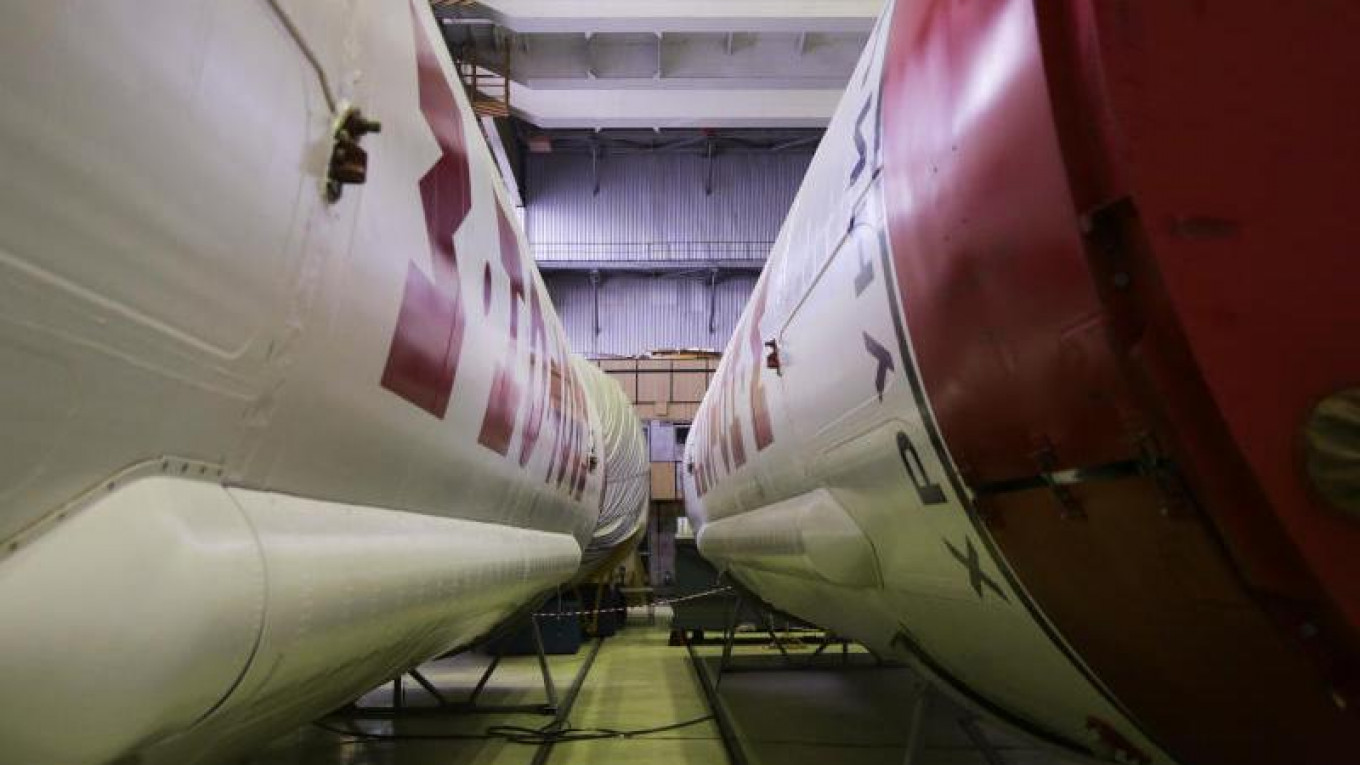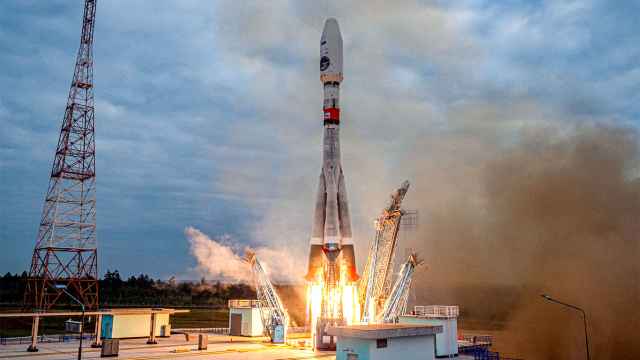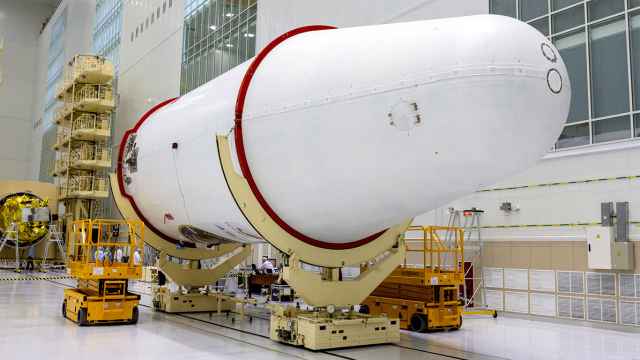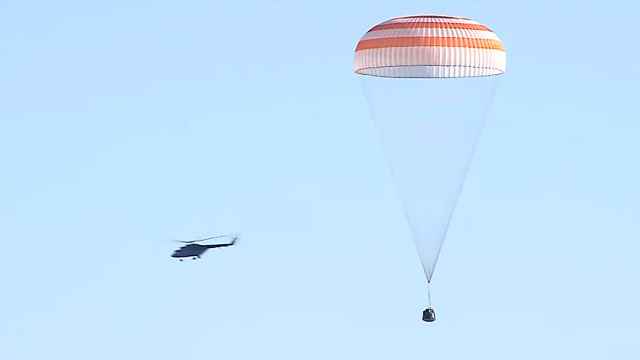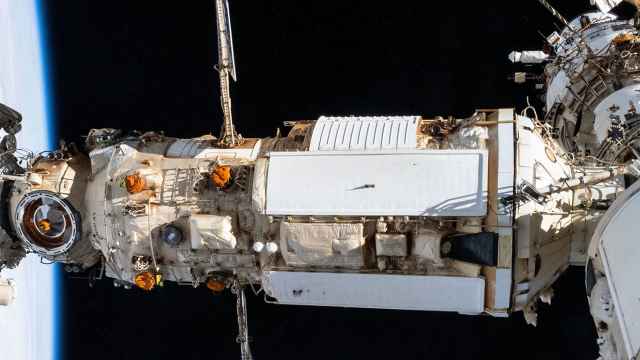An investigation into quality control issues in the Russian space industry has discovered that nearly every engine currently stockpiled for use in Proton rockets is defective, the RIA Novosti news agency reported March 30, citing Igor Arbuzov, head of state rocket engine manufacturer Energomash.
71 engines, mostly used to power the second and third stages of the Proton rocket, require complete overhauls to remove defects. Arbuzov did not specify what was wrong with the engines. In January, Interfax reported on an investigation into high-quality metals swapped by a plant manager for cheaper alternatives.
“Most of the work will be done in 2017, but we understand that some portion will inevitably slip into 2018,” Arbuzov said. “Our main goal is to avoid disrupting the government space program’s launch schedule, or the schedules of the Defense Ministry and commercial customers.”
Proton, a Soviet-designed rocket that has flown since the late 1960s, was once considered to be the most reliable rocket in the world. Since 1967, the design has been launched 400 times, and at one point was used to launch some 30% of commercial satellites into space.
But over the past decade, Proton’s reliability and that of the Russian space industry as a whole has been thrown into sharp question amid a series of spectacular launch failures. The problem goes beyond engines, pointing to a general quality control crisis across multiple factories and rocket designs.
One of Proton’s most infamous disasters came in 2013, when one of the rockets flipped over almost immediately after launch - driving itself into the ground. The fault was later identified to be a sensor that was installed upside down. The rocket’s computer believed the rocket was facing the wrong way.
An investigation was launched into workers at the plant where Proton rockets are manufactured, resulting in a factory worker being charged in 2015 for violating construction safety codes.
"The sensors fit in special slots, and thanks to this they can only be installed in one position," an unidentified source told Izvestia at the time. "However, if you apply force, a sensor can be put into the space upside down," he said.
A Message from The Moscow Times:
Dear readers,
We are facing unprecedented challenges. Russia's Prosecutor General's Office has designated The Moscow Times as an "undesirable" organization, criminalizing our work and putting our staff at risk of prosecution. This follows our earlier unjust labeling as a "foreign agent."
These actions are direct attempts to silence independent journalism in Russia. The authorities claim our work "discredits the decisions of the Russian leadership." We see things differently: we strive to provide accurate, unbiased reporting on Russia.
We, the journalists of The Moscow Times, refuse to be silenced. But to continue our work, we need your help.
Your support, no matter how small, makes a world of difference. If you can, please support us monthly starting from just $2. It's quick to set up, and every contribution makes a significant impact.
By supporting The Moscow Times, you're defending open, independent journalism in the face of repression. Thank you for standing with us.
Remind me later.


